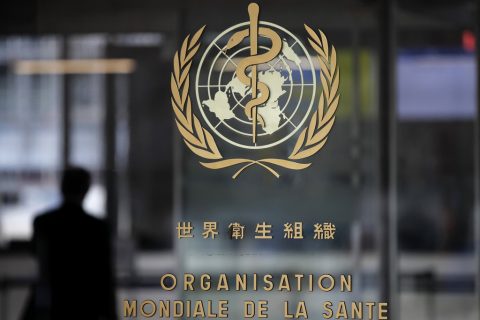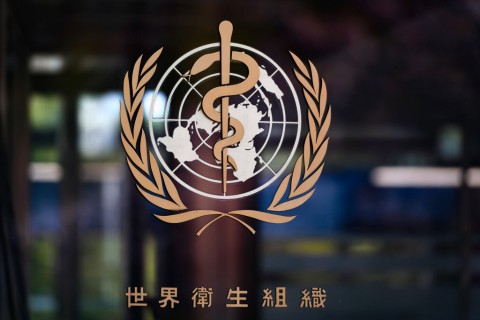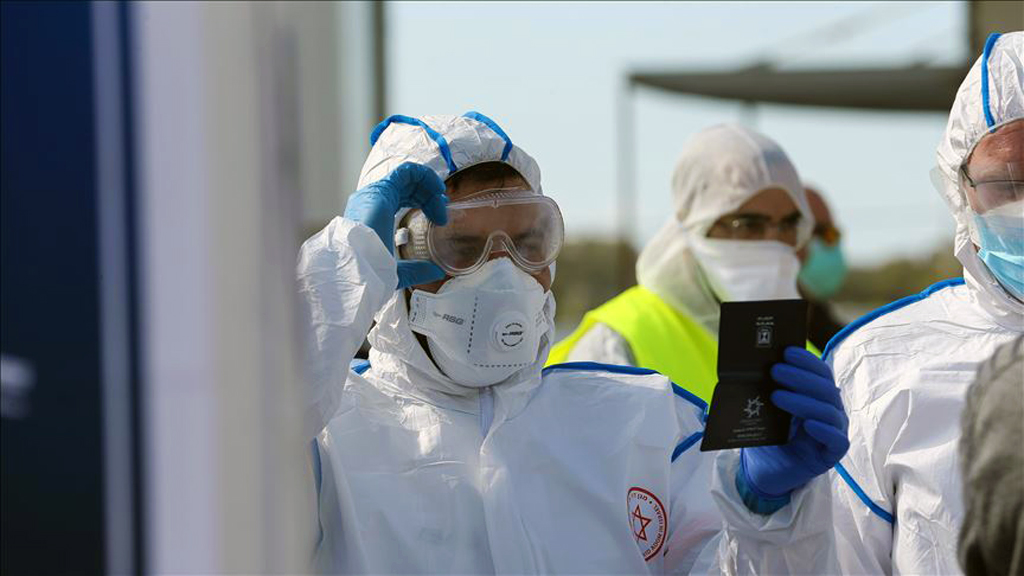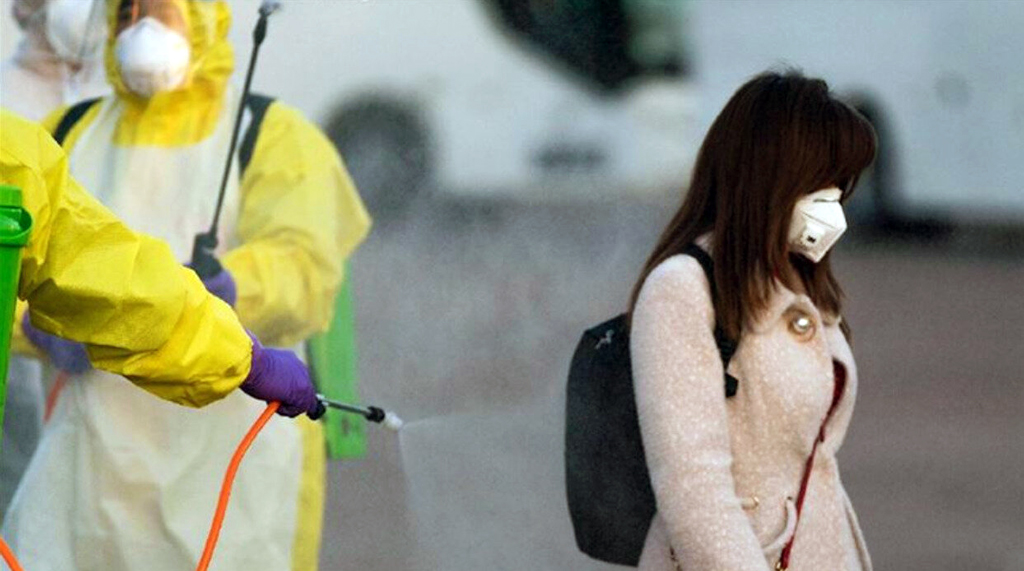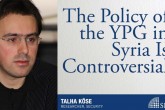SARS Coronavirus | SARS-CoV

Death, inequality, recession: The COVID-19 mirror
| OpinionIt has been almost a year since the declaration of the coronavirus outbreak as a …
-
Opinion
2020: A year of crisis for US, China and WHO
By Kılıç Buğra KanatA year ago, the world was expecting different things from the year 2020. There were already too many unknowns about world affairs. U.S. President Donald Trump and his presidential style generated too many uncertainties about U.S. foreign policy and international relations.
-
Opinion
If we forget COVID-19 outbreak…
By Kılıç Buğra KanatSooner or later life will return to normal, but that shouldn't mean forgetting coronavirus lessons
-
Opinion
Why is there a debate about WHO today?
By Kılıç Buğra KanatThe coronavirus caught a great majority of people off guard with its speed of dissemination and its ratio of killing people around the world. Warnings of many experts and intelligence about the emergence of such nontraditional threats to international security were not taken seriously.
Bu Konuda Daha Fazla
-
US’ virus strategy fails to curb impact
By Kılıç Buğra KanatThere is no clear and credible scientific data available yet to indicate when the coronavirus will end. There are some projections and more speculations about it. For some, it may wind down by the end of summer; for others it will end only to make a stronger comeback in fall. In the last two months, different people from the U.S. administration have provided a different set of projections. U.S. President Donald Trump, who once said, “It’s going to disappear. One day, it’s like a miracle, it will disappear” seems to have adopted a cautious perspective about a potential timeline. He now believes the crisis may continue until the end of summer.
-
Coronavirus pandemic worse than we think
By Kılıç Buğra KanatSince the spread of the coronavirus worldwide, many have argued that the response will influence various dimensions of the international system.
-
The pandemic that haunts the world
By Kılıç Buğra KanatSince the emergence of the coronavirus epidemic in different parts of the world, many have argued that the response of this epidemic will influence various dimensions of the international system. There were debates about international actors and organizations and their potential role during this epidemic. In this column, for instance, the potential impact of the World Health Organization (WHO) will be discussed.
-
The WHO’s role in managing China virus crisis
By Kılıç Buğra KanatTwo weeks ago in this column, it was stated that the new coronavirus epidemic should serve as a wake-up call for the international community to better prepare for the next outbreak.
-
Coronavirus: A reminder to prepare for next outbreak
By Kılıç Buğra KanatIn 2003, the SARS virus was one of the first wake-up calls for the pro-globalization crowd in regard to the potential impacts of the erosion of borders vis-a-vis the spread of diseases. Although pandemics were nothing new for the world, the rapid spread of the SARS virus generated concerns about the future.
